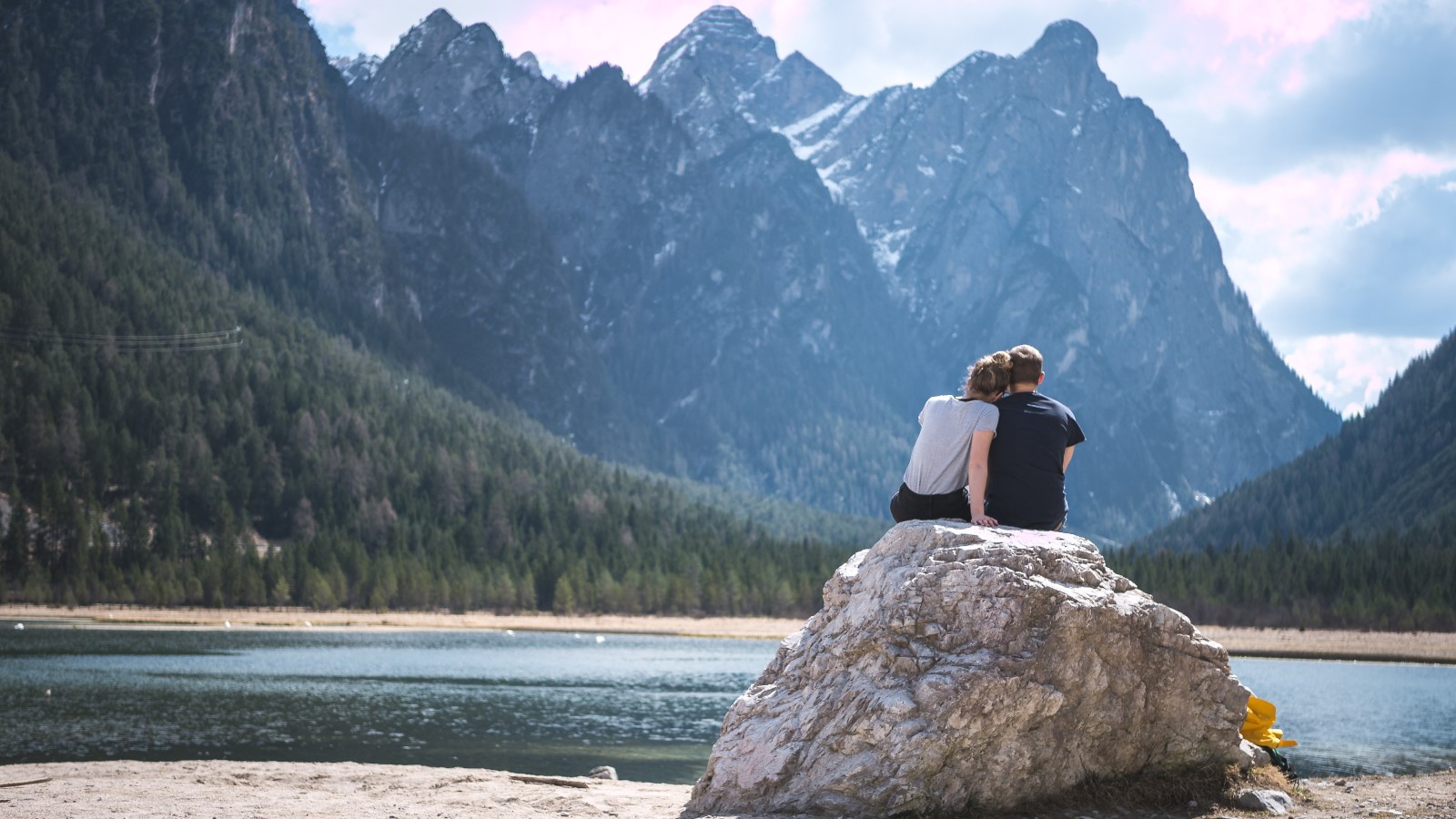Could fears over climate change slow population growth?

Climate change is spooking people out of having kids: For some people, major life milestones like starting a family have been put on hold as anxiety about climate change and the state of the world in the not-so-distant future is coming into question. As scientists and international bodies continue to sound the alarm on the threats a changing climate presents to life on Earth, and those dangers become more widely understood, a trend of abstaining from childbirth is slowly gaining ground.
About a third of people are putting off having kids due to eco-anxiety: Some 30% of people are delaying major life events like having kids due to anxiety about climate change, according to a survey of some 25k people across 25 countries by waste and energy management company Veolia and research firm Elabe cited by Euronews. A separate online survey by Business Insider in 2019 found that 38% of 18-29-year-olds in the US think couples should take climate change into account in family planning.
That figure is even higher in places at greater risk: In countries like Indonesia, Japan, Mexico, and Colombia some 33% of people are reluctant to have children due to climate concerns, the Veolia-Elabe survey found. In India, that concern is significantly higher, with 58% reporting that they are putting off giving birth.
Wildfires, floods, and drought are not the most pristine backdrops for childhood: The IPCC projects that “children aged ten or younger in the year 2020 are projected to experience a nearly four-fold increase in extreme events under 1.5°C of global warming by 2100, and a fivefold increase under 3°C warming.” These issues are compounded by the fact that threats to water quality and quantity, food production and ecosystem loss are all likely to be experienced by children and potential children due to unmitigated climate change, the international climate body says. For many prospective parents, it is precisely this idea of having children in an increasingly hostile environment that is a significant source of stress and anxiety.
And the effect on children can start before they’re born: Children who are in the womb during a natural disaster are at a heightened risk of developing psychological disorders later in life than those whose mothers were not exposed to the disaster, according to a 2022 study. The findings of this paper suggest that the kinds of elevated levels of stress pregnant mothers endure during natural disasters can have significant consequences on children long after they’re born. As extreme weather events become more frequent due to climate change, the impact on children could be more widespread.
There’s also a conservationist case that children can be quite taxing on the environment: In rich countries, having one less child can equal an average of 58.6 tons of CO2 emission reductions per year, according to a 2017 study published in IOPScience. “Having a child is 7-times worse for the climate in CO2 emissions annually than the next 10 most discussed mitigants that individuals can do,” analysts at Morgan Stanley told CNBC.
But some argue that more heads on this planet won’t necessarily be more destructive. One of the main assumptions in measuring the carbon footprint of new children is that the global energy status quo remains unchanged — which is a more grim outlook on our global potential. “It not only assumes that we don’t decarbonize during the life of the child, but also that we don’t decarbonize during the life of their children, or their children’s children,” US payments company Stripe’s climate research lead tells the Washington Post. It is still entirely possible that more extreme levels of warming (anything above 1.5°C above pre-industrial levels) can be avoided, it just requires that more serious global efforts be made to decarbonize sooner rather than later.
Still, many have hope that things will get better: Some 75% of people around the world acknowledge that climate change is a man-made problem and some 60% think that future outcomes are still within our control, according to the Veolia survey. Crucially, most people seem to understand that investments today will cost us less than the damage sustained if unaddressed. Some 55% say that collective action and lifestyle changes are necessary to combat climate change.